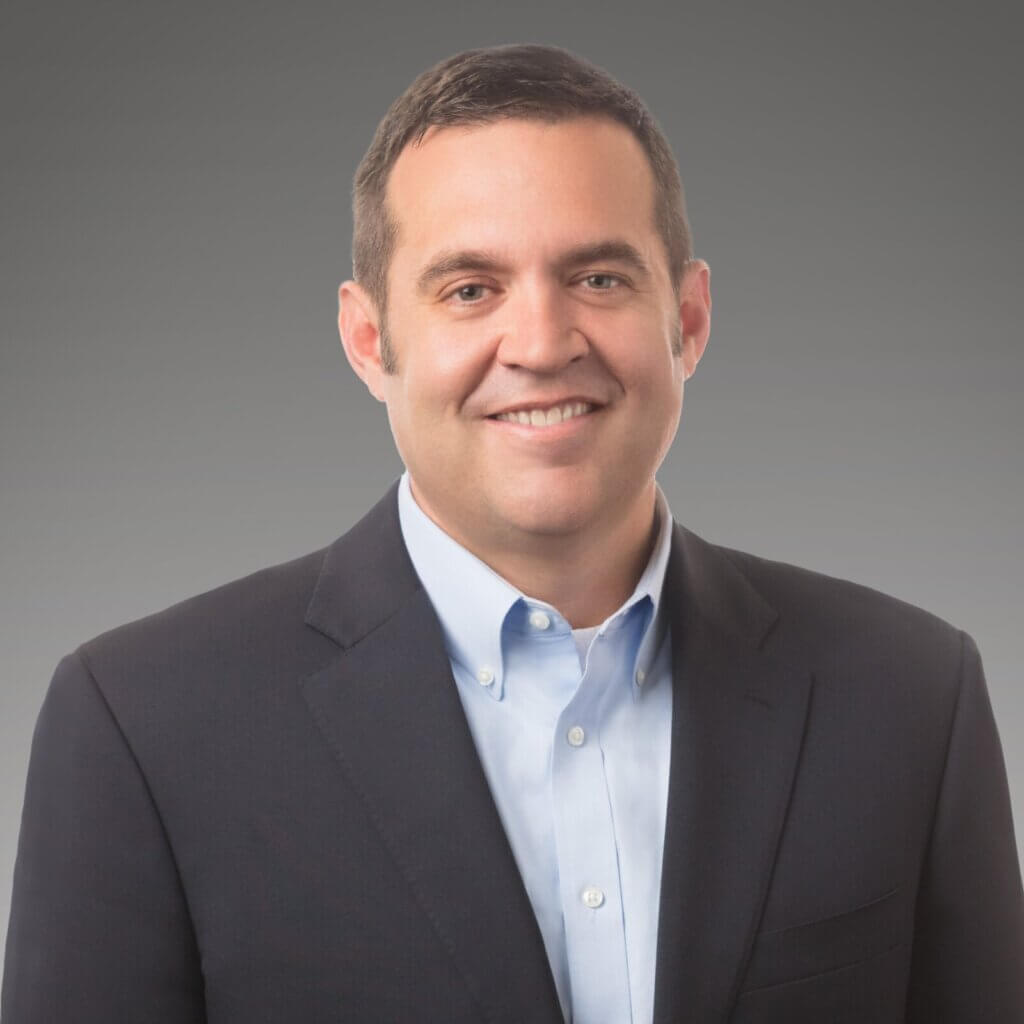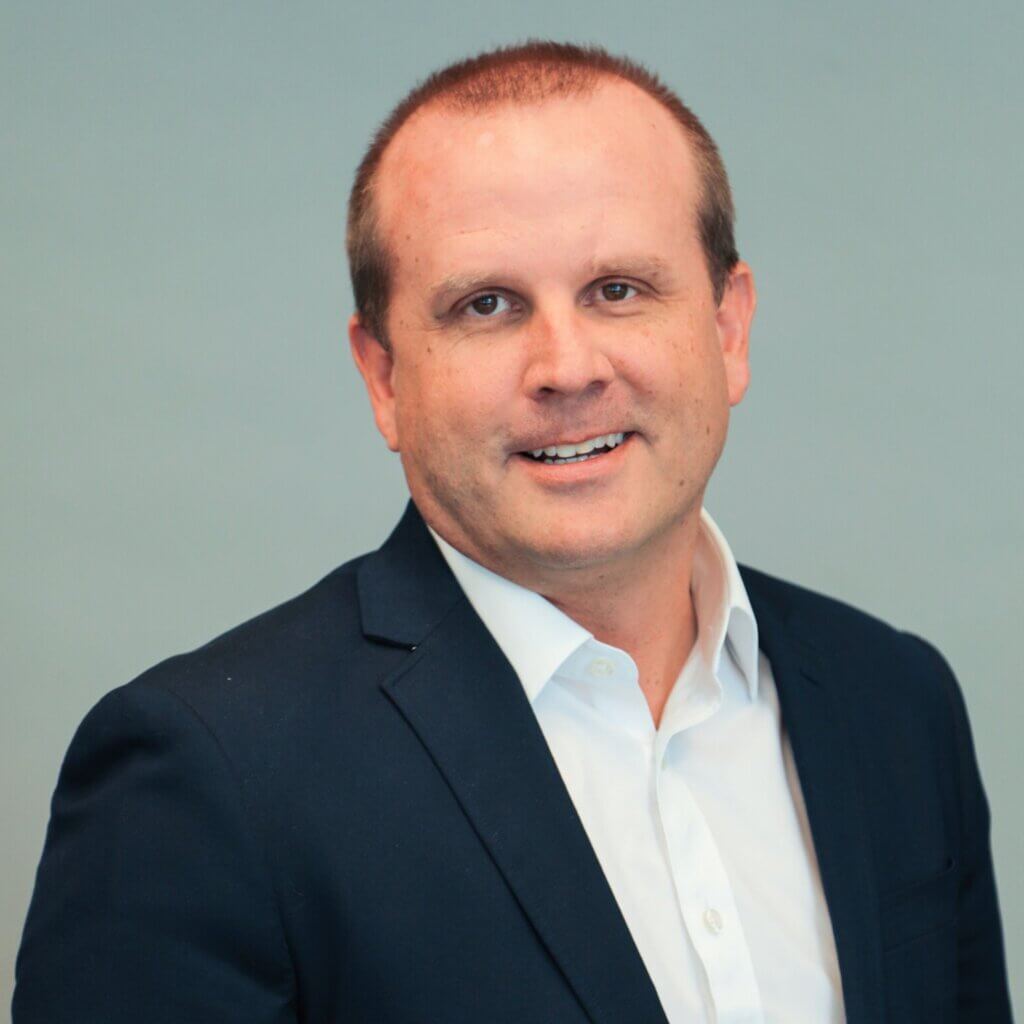
How to shift to a co-sourcing model
As private markets managers navigate increasing regulatory oversight and higher investor expectations for faster, more detailed financial reporting, a co-sourcing operational model, which allows managers to retain control and access to their data while still using a fund administrator to handle accounting and reporting workstreams, is emerging as a suitable alternative to traditional operating models.
Experts from fund administrator Alter Domus, software company FIS (makers
of the accounting platform Private Capital Suite, formerly known as Investran), and private equity firms HQ Capital and RCP Advisors, provide insights into the development of co-sourcing models based on their firsthand experience and the lessons learned from implementing these models in the field.
Operating a private equity fund has grown more complex in recent years, straining back-offices. GPs are looking for ways to manage costs while maintaining access to their data so their teams spend less time responding to information requests and more time on value-add work.
Paulo Nunes, Senior Director, Product Management at FIS
The private markets back-office structure is in the process of a significant transformation as the asset class grows and investor and regulatory demands intensify.
Keeping pace with these growing demands and managing the complexity and cost of technology development, cybersecurity and back-office recruitment have made it increasingly untenable to keep administration in-house. Outsourcing the back office to a third-party has helped to mitigate these challenges but has thrown up other obstacles for managers around access and control of their data.
“Operating a private equity fund has grown more complex in recent years, straining back-offices,” shared Paulo Nunes, Senior Director, Product Management at FIS. “GPs are looking for ways to manage costs while maintaining access to their data so their teams spend less time responding to information requests and more time on value-add work.”
The emergence of the co-sourcing operating model has presented managers with a third option that balances the cost savings to investment managers of the outsourcing model with maintaining access and autonomy to control data and report as in-house administration.
Co-sourcing harnesses cloud computing and software-as-a-service (SAAS) technology to allow clients to retain access to their data in the cloud, using software and integrations of their choice, while still using the expertise and bandwidth offered by a specialist fund administrator to handle all accounting and reporting work.
“Traditionally, fund administrators managed fund accounting and reporting using on-premise systems, confined within their own IT landscape and data-protection security parameters. In this model, the administrator would process the incoming data, generate, and distribute reporting, and govern access to client data requests, and integrations. It was a bit rigid,” says Chase Preston, Head of North America Private Equity Technology at Alter Domus.
“However, the advent of cloud computing and SaaS technology has revolutionized this approach by migrating the accounting platform infrastructure to the cloud. This transition not only democratizes access, allowing both administrators and clients to interact with the platform seamlessly but also empowers clients to independently extract the necessary data on-demand.”
In these co-sourcing relationships managers not only have direct access to their data, but also control and true ownership of that data, as well ownership of the software licenses for their platform of choice.
Navigating complexity
Alter Domus has supported numerous clients that have decided to make the transition to a co-sourcing model, and has built up a wealth of experience on heading off potential pain points and how best to mitigate risk through the process.
Two clients that Alter Domus has worked with through their co-sourcing journeys – HQ Capital and RCP Advisors – serve as helpful case studies that illustrate what managers can expect when moving forward with a co-sourcing arrangement.
HQ Capital and RCP Advisors each had unique requirements that required bespoke support for their co-sourcing set-ups, but the starting point for each firm was the selection of an accounting and reporting software package that would form the foundation of their respective platforms.
In both cases the firms opted to implement FIS Private Capital Suite (Investran), a gold standard private markets software suite with functionality covering client onboarding, customer resource management, general ledger, allocations and investments as well as reporting and portal tools.
As a service provider to hundreds of managers Alter Domus works daily with all the market-leading private markets software options available to managers, including Private Capital Suite (Investran), eFront, Allvue and Yardi, and is ideally positioned to counsel managers on best fit for their specific requirements, as well as run implementation, training and onboarding when needed.
Opting to consolidate its data onto a single co-sourced platform also simplified the data migration process, as the platform could be structured to meet their bespoke requirements, rather than having to migrate onto an incumbent system that is not structured to accommodate a manager’s particular demands.
“There are complexities in these systems and getting them operational. If you are a manager, you will typically sit in on three demos and then try to make this huge decision. It is very easy to end up in situation where you assume the software can do everything you require, only to find halfway through an implementation that it can’t. The learning curve is incredibly steep,” Nathan Rees, Managing Director and Head of North America Fund Products, says. “This is where we have been able to come in. We understand a firm’s fund structure, its capabilities and what it is looking for. We also have an in-depth working knowledge of the software packages out there. That means we can bridge the gap and recommend the right system and set up for the client’s needs.”
Providing advice on the technology situation goes hand in hand with setting on the best structure for the manager.
HQ Capital, for example, was in situation where it was using multiple administrators to service its family of funds, as well as retaining most functions inhouse. Data was managed in a myriad of locations, and ultimately needed to be captured in their instance of Investran. Every information request required a heavy lift to merge multiple data sets, with all the ongoing risk of service slippage and inaccuracies that brings.
Co-sourcing has vastly improved HQ Capital’s access and control of its data.
Opting to consolidate its data onto a single co-sourced platform also simplified the data migration process, as the platform could be structured to meet their bespoke requirements, rather than having to migrate onto an incumbent system that is not structured to accommodate a manager’s particular demands.
Bespoke structures
The partnership with HQ Capital has been very different to that of RCP Advisors, and highlights how every co-sourcing arrangement is unique and requires flexibility from service providers to succeed.
RCP Advisors is a relatively new engagement where HQ Capital has been an Alter Domus client for more than decade. RCP Advisors has fund operations in the US and Luxembourg and was running separate systems using different software in each jurisdiction. In the US they were running domestic financials in house using their instance of Investran and in Luxembourg the financial data was being booked into a different system by their administrator.
To house all data in one system RCP booked all entries into Investran for the Luxembourg funds which was time consuming for their team. Alter Domus is engaged to take over the Luxembourg fund administration work along with the US funds and will pull everything together for RCP onto a single platform, running on RCP’s, where all the firm’s data will be whole.
Alter Domus also addressed the regulatory complexities of this consolidation, as the Luxembourg operation had to comply with more stringent regulation requiring all servicing work to be done by an administrator domiciled in Luxembourg. As a global organization, Alter Domus had a Luxembourg domiciled business and was able to adapt and secure approvals to service RCP Advisors from the US and Luxembourg through a single co-sourced platform.
“We saw other advantages in choosing a co-sourcing model with Alter Domus including the ability to leverage nearly twenty years’ worth of historical accounting data and knowledge, and share that with Alter Domus, while not having to deal with a full data transition and validation on our end. This allowed Alter Domus to “drop-in” to our environment and keep the reporting process moving along. We feel this solution has been seamless both for ourselves and for our limited partners,” says Andrew Nelson, Partner and CFO at RCP Advisors. “With co-sourcing, we truly feel that Alter Domus is an extension of our team, and that we will be able to continue to keep up with our growth and increased regulatory demands.”
“The differences in our work with HQ Capital and RCP Advisors show the flexibility required to make a
co-sourcing relationship work and support the client,” says Jerry Wright, Managing Director, North America
at Alter Domus.
“That is the key message here. We realize that one size doesn’t fit all needs. Our job is to morph according to what makes most sense for you as manager as you then go down this journey of co-sourcing.”








